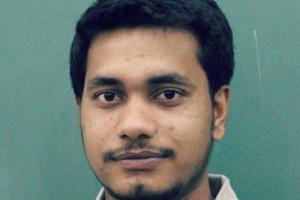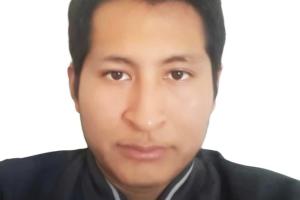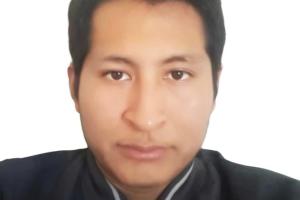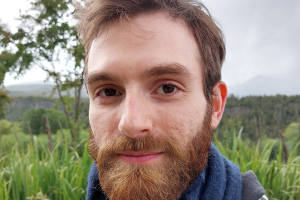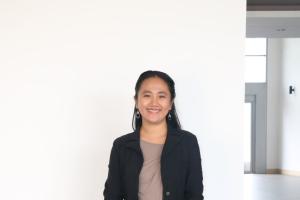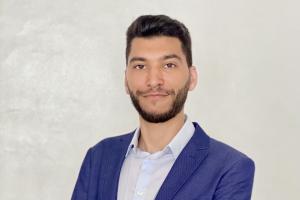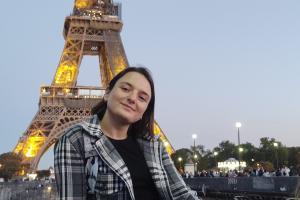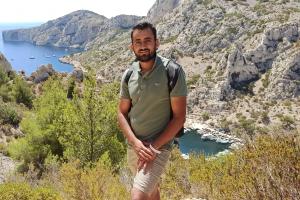The school aims to introduce graduate students and young re- searchers to the new trends in Hamiltonian systems and celestial mechanics. To this end, the school is articulated in five highly topical themes in the area, all sharing to a greater or lesser extent the classical N–body problem as a prototypical and paradigmatic case.
Langue officielle de l'école : anglais


